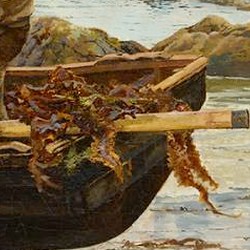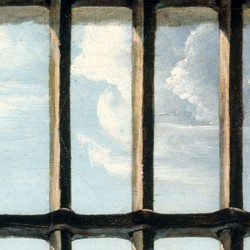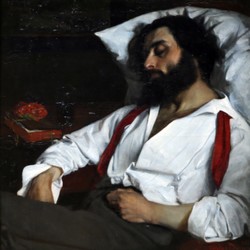- Details

One of the composers I encountered in the program of the Schubertíada this year was Hamilton Harty, a composer well-known in the United Kingdom during the initial three decades of the 20th century, yet unknown in Catalonia.
- Details

In Burning Patience [Ardiente paciencia] by Antonio Skármeta, Pablo Neruda reproaches the postman Mario Jiménez for sending the girl he loves, as if they were his own, verses he has written. And the young man replies: “Poetry doesn't belong to those who write it, but to those who need it”. I was thinking about it while I was preparing this article about a song by Reynaldo [...]
- Details

Performing Lied in a singable translation is not a common practice today, but it hasn’t always been this way. What are the benefits of understanding the sung text? Why can’t we bring back a tradition that wasn’t so unthinkable in other times, or that is more common in other genres today? (Guest post by Robert Garrigós i Castro)
- Details

My dearest, as I toId you last week, I am currently on holiday. If the technology behaves, you will receive a second sound postcard from a beautiful European city on Wednesday.
- Details

My dearest, I am on holiday these days, so I am sending you a musical postcard, linked not to a place but to a voice, that of tenor Fritz Wunderlich. Yesterday marked fifty-eight years since his death at thirty-five, and next week will mark ninety-four of his birth. As every year, we dedicate a post on Liederabend to recall him and thank him for the music.













